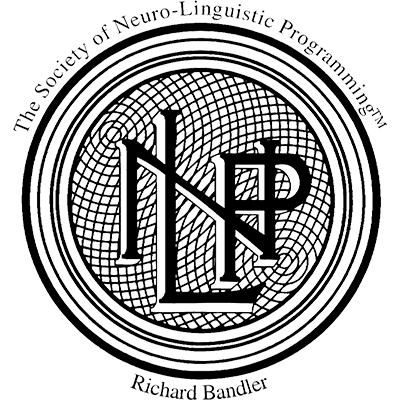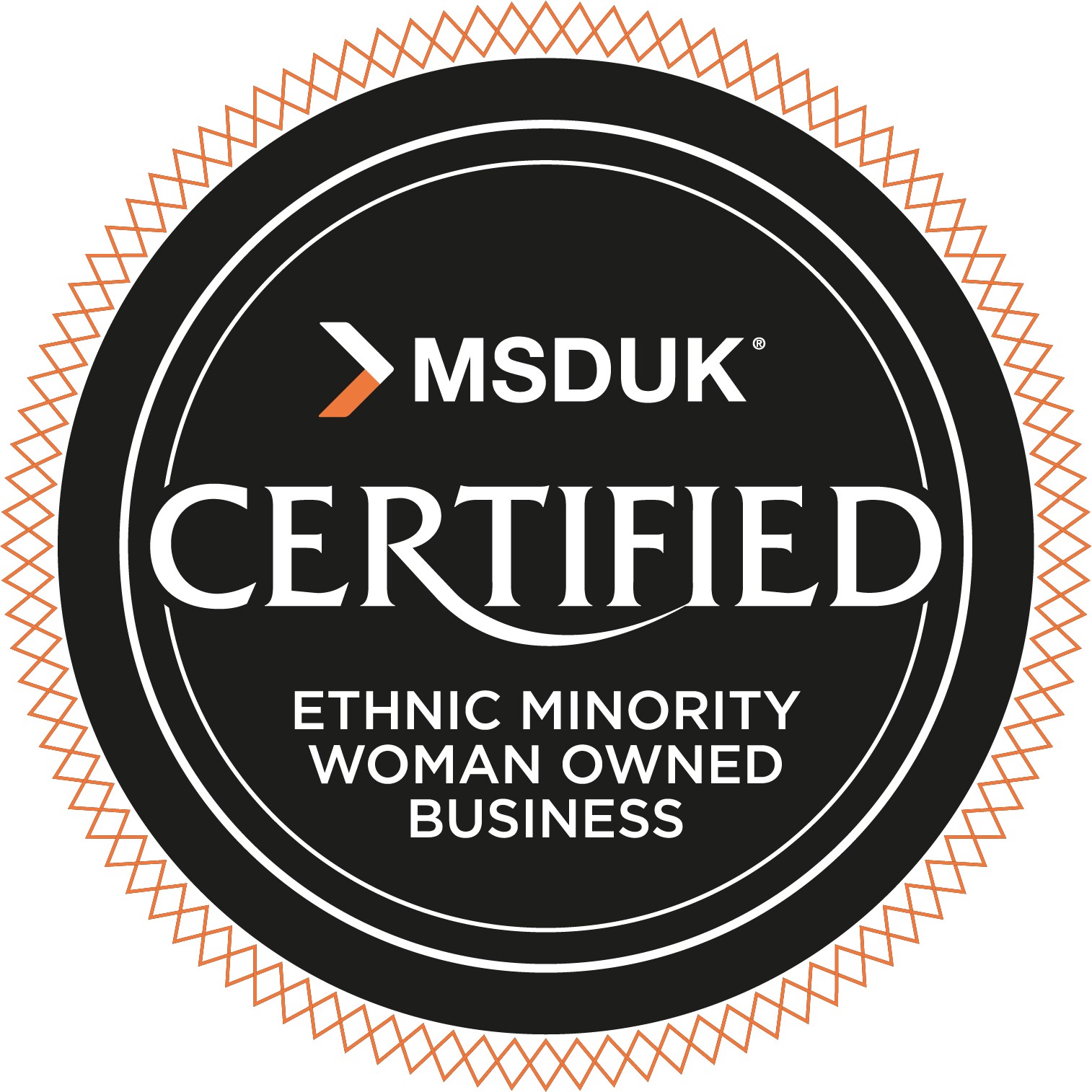Let’s start with the definition: Imposter syndrome is the chronic feeling of inadequacy and incompetence, despite success- quoted from psycom.
That means that you can be the most confident, most successful leader in the universe and yet still feel like a fraud. That you aren’t enough, worthy or deserve your success. That any minute now someone is going to walk in and find you out.
I see you.
The only women of colour on your team. You begin by feeling anxious, doubting whether you are qualified for the job, despite constant praise from your clients. Each time you are questioned, censored and interrogated for your actions by your peers that it chips away at your confidence. Eventually, that becomes deep anxiety, self hatred and feeling like a fraud.
What started off as:
You are not good enough to be here.
Who am I to be in this role?
Will my colleagues like me?
Turns into workplace bias and racism.
As many of you know I work with senior executive leaders, men and women who suffer from that feeling of being a phony. It disproportionately affects high achieving individuals who find it difficult to accept their accomplishemnets- quote from grandpsych.com Successful famous women like First Lady Michelle Obama, Sheryl Sandberg, and Viola Davies confess to experiencing it.
Competence over confidence
There is a misconception about competence and confidence. “Organisations are rewarding confidence in male leaders, even if they’re incompetent, punishing white women for lacking confidence, women of colour for showing too much of it, and all women for demonstrating it in a way that’s deemed unacceptable. These biases are insidious and complex and stem from narrow definitions of acceptable behavior drawn from white male models of leadership.” -Harvard Business Review, stop telling women they have imposter syndrome.
Overcoming imposter syndrome is not to fix individuals but to create an environment that fosters a variety of leadership styles and in which diverse racial, ethnic, and gender identities are seen as just as professional as the current model of ‘pale male and stale.’
What impedes inclusivity?
Calling a woman a ‘girl’
Telling a woman she should smile more. (I used to get that all the time)
Saying a woman is too emotional (aren’t men emotional?)
Asking a woman to take notes during a meeting, tidy up, clean up, wash up after a meeting when it’s not her job.
Assuming a woman is too busy with kids to take on a project.
From the book ‘you should smile more:how to dismantle gender bias in the workplace by The Band of Sisters, six women working at PepsiCo.
More inclusion less toxicity
Imposter syndrome shows up more in toxic, biased work cultures that value overworking and sales.
When a culture of inclusivity and belonging is created, women are less likely to feel like imposters. It’s the foundation for a sustainable future and bridging the gender gap. There is so much work to be done for organisations who have consistently made women and under represented groups feel alone, isolated and unsupported. When your voice isn’t heard and it doesn’t matter then what is the point? The war on talent means that the employee value proposition needs to include a place where your talent can thrive and have space to progress their careers.
Leaders must create an inclusive culture for all underrepresented groups that address systemic bias and racism. Doing so can we help those employees channel healthy self-doubt into positive motivation and retain talent. Companies who say “we have enough on DEI and female leadership” is a red flag. You aren’t doing enough. We are not at gender parity yet!
Sponsoring women to be part of @netwomen.co where we elevate and help retain women to bridge the gender gap for a sustainable future.
Find out more about our inclusive leadership program for leaders
https://www.netwomen.co/inclusive-leadership-program
By Pinky founder and CEO of netwomen.co and Mindset by Pinky











